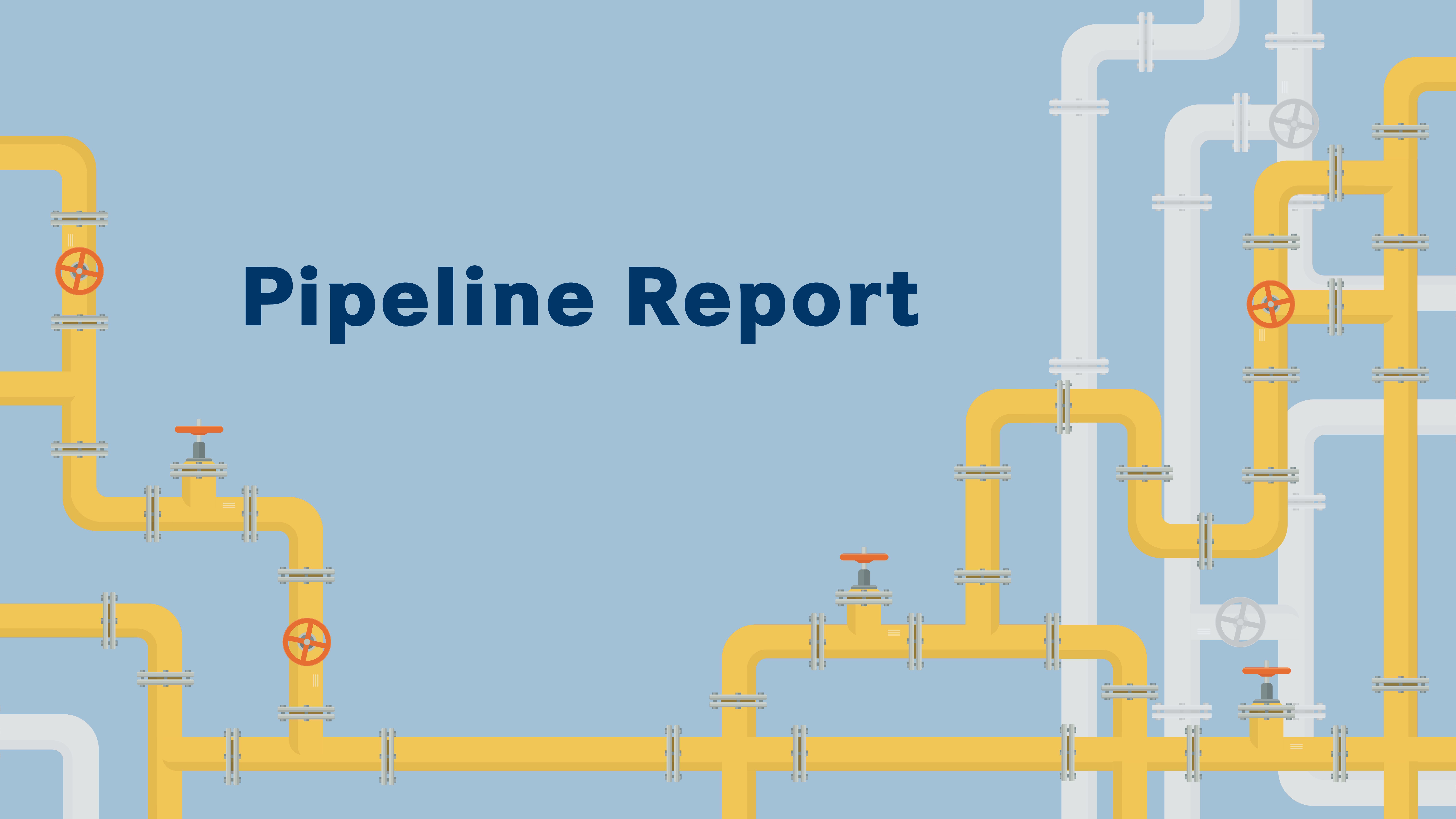
Supplements and Featured Publications
- ASCO 2021: Updates in Genitourinary Cancers
- Volume 1
- Issue 1
Pembrolizumab/Cabozantinib Combo Provides Benefit in mRCC

The combination of pembrolizumab and cabozantinib induced a response in more than half of patients with metastatic renal cell carcinoma at the recommended phase 2 dose with a manageable safety profile, meeting the primary end point of a phase 1/2 trial.
The combination of pembrolizumab (Keytruda) and cabozantinib (Cabometyx) induced a response in more than half of patients with metastatic renal cell carcinoma (mRCC) at the recommended phase 2 dose (RP2D) with a manageable safety profile, meeting the primary end point of a phase 1/2 trial (NCT03149822), according to findings that were presented during the
Among 40 evaluable patients, the objective response rate (ORR) was 63.2% (95% CI, 0.485-1.00), which included a partial response rate of 50% (n = 3 of 6) in patients with non-clear cell RCC. The clinical benefit rate was 97.4% (95% CI, 0.88-1.00).
“Pembrolizumab and cabozantinib showed encouraging ORR in mRCC patients. Activity was seen in first- and subsequent-line settings and in clear cell RCC and non-clear cell RCC. This combination warrants further investigation,” lead study author Elizabeth R. Kessler, MD, an assistant professor of medical oncology at the University of Colorado Medicine, and co-authors wrote in the poster.
Checkpoint inhibitors and VEGF inhibitors are standard frontline treatments for patients with mRCC.
As such, the multisite, single-institution study evaluated the combination of pembrolizumab and cabozantinib in first and subsequent lines of therapy for patients with clear cell RCC and non-clear cell RCC.
The ORR at the RP2D served as the primary end point of the study.
Eligible patients had histological or cytological documentation of any histologic subtype of RCC, an ECOG performance status of 0 or 1, and measurable or evaluable disease based on RECIST version 1.1 criteria. Patients who had previously received pembrolizumab or cabozantinib were excluded, but prior treatment with other checkpoint inhibitors and VEGF inhibitors was allowed.
Patients with an active autoimmune disease on immunosuppression or who had experienced a grade 3 or greater adverse effect (AE) on prior treatment with a checkpoint inhibitor were also excluded.
Radiologic assessment was performed every 9 weeks. Treatment beyond RECIST progression in the setting of continued clinical benefit was allowed.
Baseline characteristics indicated that patients were a median age of 60.75 years. The majority of patients were male (60%) and had clear cell histology (85%), followed by non-clear cell (15%) and sarcomatoid (15%) histology. The majority of patients had prior nephrectomy (85%) and an intermediate International Metastatic RCC Database (IMDC) risk score (72.5%; poor IMDC, 12.5%).
Less than half of patients each received 0 (37.5%), 1 (40%), or at least 2 (15%) prior therapies. Prior treatment consisted of only a TKI in 43.5% of patients, immunotherapy in 42.5% of patients, and a TKI plus immunotherapy in 22.5% of patients.
Additional results indicated that the median progression-free survival was 10.4 months (95% CI, 6.3-not reached [NR]), and the median time to response was 18.1 weeks (95% CI, 17.1-NR).
Regarding safety, grade 1 or 2 treatment-related AEs (TRAEs) occurred in 98% of patients and included diarrhea (75%), dysgeusia (55%), fatigue (60%), hand-foot syndrome (33%), hypophosphatemia (48%), oral mucositis (53%), nausea/vomiting (58%), transaminitis (45%), thyroid abnormality (45%), and weight loss (63%).
Grade 3 to 5 TRAEs occurred in 47% of patients and included diarrhea (8%), fatigue (5%), hand-foot syndrome (3%), hypophosphatemia (20%), oral mucositis (5%), and transaminitis (8%).
A total of 28 patients required a dose reduction at a median of 4 cycles (range, 1-38). One grade 5 treatment-related event of reversible leukoencephalopathy syndrome occurred.
Other serious TRAEs included hypoglycemia, nephritis, pancreatitis, pneumonitis, pulmonary embolus, transaminitis, and stroke.
Reference
- Kessler ER, Hu J, Srivastava G, et al. Phase I/II study of pembrolizumab and cabozantinib for metastatic renal cell carcinoma (mRCC). J Clin Oncol. 2021;39(suppl 15):4544. doi:10.1200/JCO.2021.39.15_suppl.4544




































